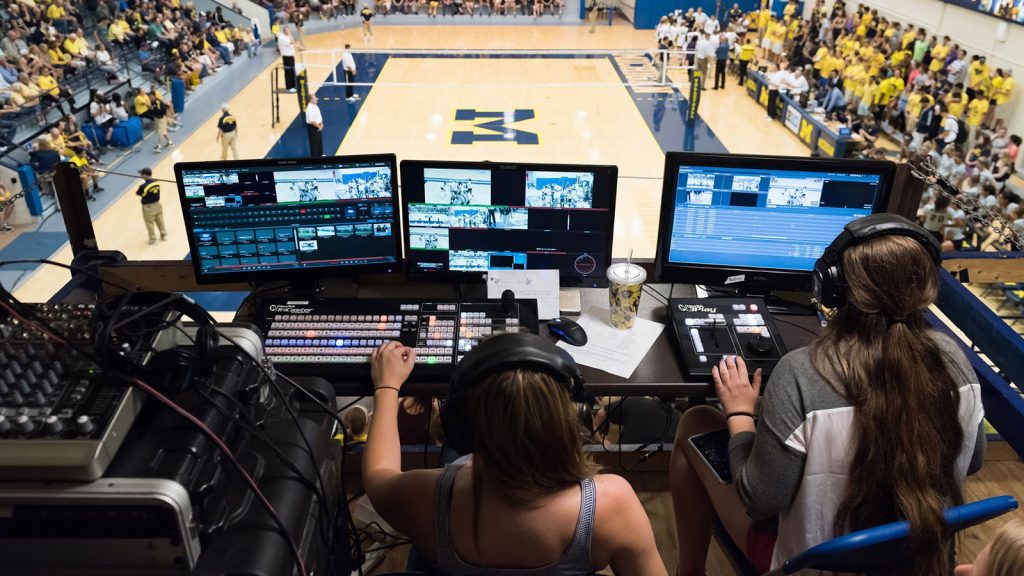Broadcasting the Olympics presents a unique blend of challenges and triumphs, reflecting both the complexities of modern media and the grandeur of the global sporting event. One of the foremost challenges is the logistical coordination required to cover a multifaceted event spanning multiple time zones, disciplines, and venues. Broadcasters must manage a vast array of feeds, ensuring that every event, from gymnastics to track and field, is covered comprehensively. This demands an intricate balance of resources, including hundreds of cameras, diverse broadcast teams, and advanced technology to ensure seamless coverage. Technological advancements play a crucial role in overcoming these challenges. The integration of high-definition and 4K broadcasting, alongside innovations like virtual reality and augmented reality, enhances the viewer experience by offering immersive and detailed coverage. However, these advancements come with their own set of hurdles, such as the need for substantial investment and the constant evolution of technology, which requires broadcasters to stay at the forefront of innovation.

Another significant challenge is the management of broadcasting rights. The Olympics are one of the most coveted sporting events, leading to intense competition among broadcasters. Securing these rights involves complex negotiations and substantial financial commitments. Once acquired, broadcasters must navigate the intricacies of delivering content across various platforms, including traditional TV, digital streaming, and social media. This multi-platform approach not only expands the reach of the event but also introduces challenges in maintaining consistent quality and accessibility. From a logistical perspective, the sheer scale of the Olympics necessitates meticulous planning and execution. Broadcasters need to coordinate with international organizations, local authorities, and technical teams to ensure that broadcasts go live without interruption. This involves managing the transmission of signals from remote locations, often under challenging conditions, and ensuring that all technical equipment functions optimally. Their impact on how the game is perceived and enjoyed cannot be overstated, as they play a crucial role in transforming a simple broadcast into a compelling and memorable experience.
Despite these challenges, the triumphs of Olympic 해외스포츠중계 are substantial. Successful broadcasts showcase the athletic prowess and personal stories of athletes, fostering a sense of global unity and celebration. The ability to bring live coverage from around the world to viewers’ homes creates a shared experience, allowing fans to engage with the games in real-time. Furthermore, the extensive media coverage often leads to increased interest and participation in sports, inspiring future generations. In essence, while the challenges of broadcasting the Olympics are considerable, ranging from logistical complexities to technological demands and rights management, the triumphs lie in the ability to deliver a high-quality, engaging, and global broadcast. The successful coverage of the Olympics not only highlights the athletic achievements of competitors but also underscores the power of media to connect people across continents, celebrating a universal love for sport.
